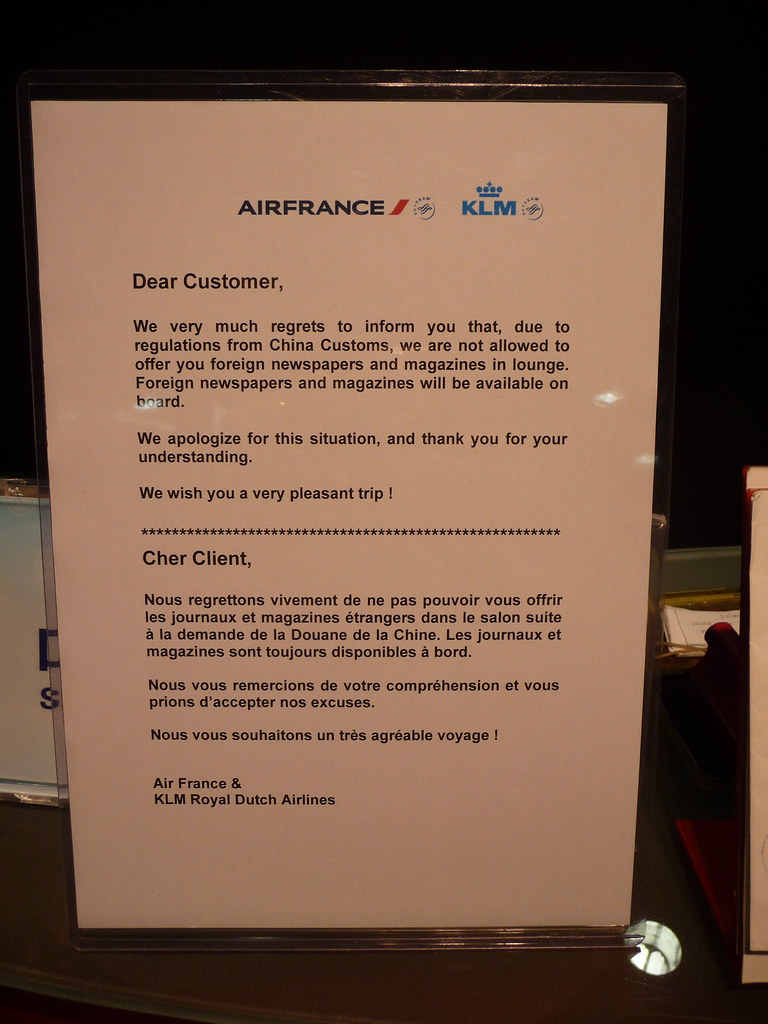
Yesterday was the first day of operations for Shanghai’s latest new amusement park, Happy Valley (warning: terribly designed and very slow flash site). But the first day was not as successful as planned, about everything that could go wrong went wrong. Today’s paper version of the Shanghai Daily had an amusing story from a reporter that went to check out the park.
Happy Valley is located in Sheshan, close to the only hills and wooded areas in Shanghai (see for example a post here about Sheshan and about Tianmashan). Sheshan used to be a nice and quiet location, but with the metro line extending to here and now even an amusement park, these days are gone. When I stayed at the Meridien in Sheshan in 2006 when it just opened, you could see Shanghai in the far distance. Now the city has almost reached Sheshan and the being-out-of-the-city feel is almost gone. A pity, but that’s what you get when an economy keeps on growing at 10-15% per year – even in a global recession.
Happy Valley was supposed to open last month already, but because the park had not been finished yet the opening was postponed until August 6. It seems that was still too early, because yesterday was quite a disaster. The huge wooden roller coaster that is visible from far away and that’s the main attraction of the park had some serious malfunctions. It did not stop unintentionally once or twice, but a total of seven times during the day. Waiting time for the attraction was four hours, even though the ride itself is only two minutes.
Another start attraction, the 60-meter free fall, completely malfunctioned at a certain point, leaving people hanging in the air for several minutes because of a short circuit. Eventually the park shut down this attraction, upsetting people that had lined up for the attraction for hours. It was not the first time they had to wait, because even at the entrance gate the waiting time had been several hours – in the rain, because it’s monsoon time in Shanghai. Most attractions were not even open, according to the Shanghai Daily two thirds of the rides were still closed yesterday.
There were also problems with food, a very important thing for Chinese. There were not enough food outlets and the quality was not good enough. Even for a simple KFC meal you had to wait two hours in line!
Not only the malfunctioning rides are kind of dangerous, just walking around the park could get you injured as well. Three people found this out when a big sign board suddenly fell down on top of them. They were injured but could not be treated on site because the first aid facility had not been finished yet…
The management then made the smart decision to close the park today, officially because of the approaching typhoon (but not the real reason of course, because typhoon Morakot won’t be here until Saturday and today was actually quite a nice day). It’s probably the safest decision for now, I certainly will wait at least a few weeks until the park gets it act together. Going there should be a thrill, not a thriller.
 This summer it rained a lot more than usual in Shanghai, and it also rained a lot harder. Over the past week it poured every day at least 1-2 hours and these were usually heavy rainstorms, flooding the streets in downtown Shanghai. Every single day our garden now turns into a (very shallow) swimming pool after it rains.
This summer it rained a lot more than usual in Shanghai, and it also rained a lot harder. Over the past week it poured every day at least 1-2 hours and these were usually heavy rainstorms, flooding the streets in downtown Shanghai. Every single day our garden now turns into a (very shallow) swimming pool after it rains.








